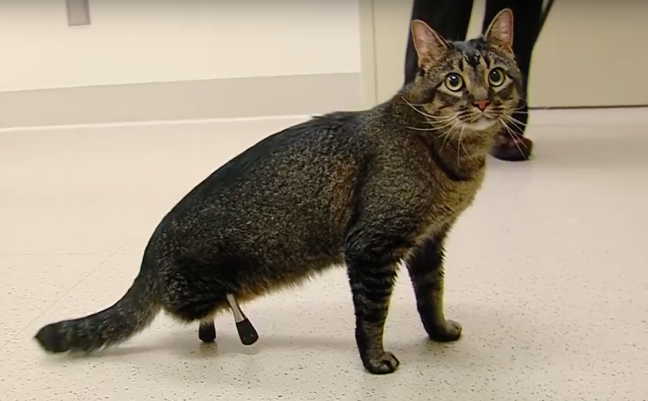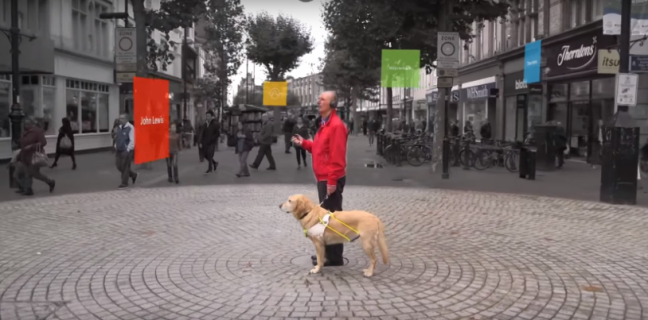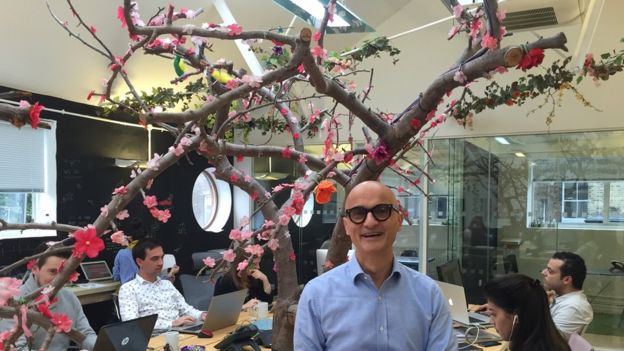- Who is this post for? Everyone
- What does it discuss? How mobile health services are revolutionising healthcare
- How does it benefit you? No waiting for an appointment, quicker diagnosis, reduced travel, reduced time off work
I’ve been a user of the frankly awesome Babylon health service for a few months now. I was getting frustrated just at trying to get through to the local doctors surgery by phone, let alone being given inconvenient appointment times and then having to wait way, way past the appointment time in the surgery itself.
I was talking to a friend about how bad the entire experience is and they recommended I take a look at Babylon Health. As this video explains, you can ask questions, submit pictures etc and within minutes a doctor will talk to you over a video link to discuss diagnosis and next steps. The service doesn’t profess or aim to replace doctors in any way; indeed what it does is find a much better way of quickly connecting you to a helpful, needed, human doctor!
It’s a subscription service which you access via a smartphone app. For a monthly subscription of £4.99 ($7.55/€7.99) you get unlimited medical consultations by text and video. Once you’ve had the online exchange, a doctor can text a prescription to your nearest pharmacy and if necessary, arrange a referral for a real-world consultation.
Take a look at the video http://www.bbc.co.uk/news/business-34900170/embed
and if you want to read an extended article, do so here
Do share your experience of Babylon Health or let us know of any other services that have reduced inconvenience when it comes to healthcare.










